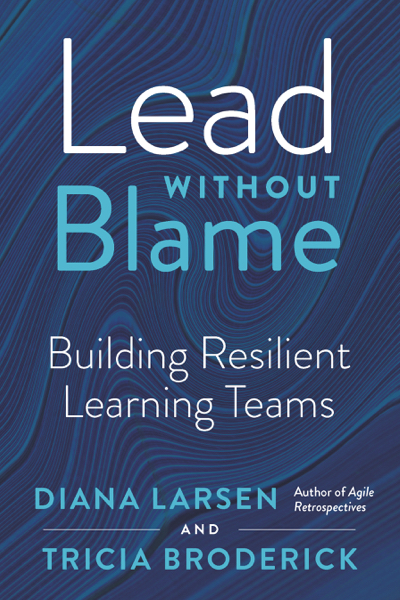As promised, I will continue to share my experience and thoughts as the conference chair for Agile2017. This post is my personal retrospective on the Agile2017 submission process. Note: there is a program/track wide retro that will be conducted the Sunday before the conference to get complete feedback. This is just my two cents.
The simple view of the submission process is: Speakers have a window to draft a session, submit a session for help or submit ready for evaluation. If a speaker submitted to help, they received at least one coach providing them with feedback on how to improve their submission before they submit for evaluation. If they selected draft, no feedback occurred. If they selected ready for evaluation, this was evaluated to determine if selected for the program. You may or may not have received any feedback once in evaluation.
Our primary goal is to create a stellar program for attendees. A secondary goal is to help the community with their submissions. I’m a huge fan of this conference because we do both (other conferences it is a complete black box with zero opportunities for feedback).
What went better:
- The team rocked! Chairs and review teams were absolutely incredible!
- Early agreement on pair chairs for each track
- Value add of the help queue & draft status
- As last year, having the same chairs cover the help requests as well as the ready for evaluations
- Increased program team updates to the track team via slack
- Helping submitters understand what is considered during selection
What can be improved:
- No matter what we do – the reality is people will wait to submit until the deadline. We truly had people hitting save with a minute to spare for evaluation. That’s fine. The hard part is people asking for help the morning of the deadline. The review teams are volunteers typically with full time jobs. Asking for help that late in the process causes frustration for all parties.
- Every year, we have sessions submitted that do not really fit perfectly in any one track but may still be a good session submission. We attempt to not have these get lost by requesting chairs to recommend outside of their track recommendations. The program team also keeps a few conference slots for these types of sessions. This was definitely an improvement but we can do more.
- Another area that we experimented for improvements is with increasing communication between program team to track chairs and amongst track chairs. We selected slack. As a whole, greatly improved communication (frequency, access, response time, etc). The downside not every chair was active on slack, which may have caused missed messaging as we didn’t also send an email.
- The last one is where I have some conflicting emotions. Let me cautiously categorize two scenarios for a few minutes:
- Experienced & Highly Rated Speakers with thought provoking topics that take the time to fill in the submission form
- Experienced & Highly Rated Speakers with thought provoking topics that feel they shouldn’t have to fill in the submission form
So (1) usually is selected – there are still situations when not (for example: competing topics where someone else’s is selected).
Then you have (2); this submission is reviewed against the others and more likely than not will not be selected – especially when there is a name and abstract only. Now the argument I hear back is often something like – I’m a Highly Rated Experienced Speaker that people pay for me to come – if that doesn’t overrule your form, then I can’t take this conference seriously. However, the only sections you left out where Program Review Team information (give an outline of what you will be doing) and LOs. Seriously, that was too difficult for you to do? How about all of the hard work that got you to a highly rated experienced speaker, should you no longer have to put in a little effort? The review teams are volunteers that are trying to be transparent and evaluate fairly. Maybe this is a personal thing for me…if I ever become the person that says “don’t you know who I am?”, I give you rights to smack me.
Now I’ll be spending the next couple of months thinking of ideas to help improve the process.
Please feel free to send me any ideas you have!




